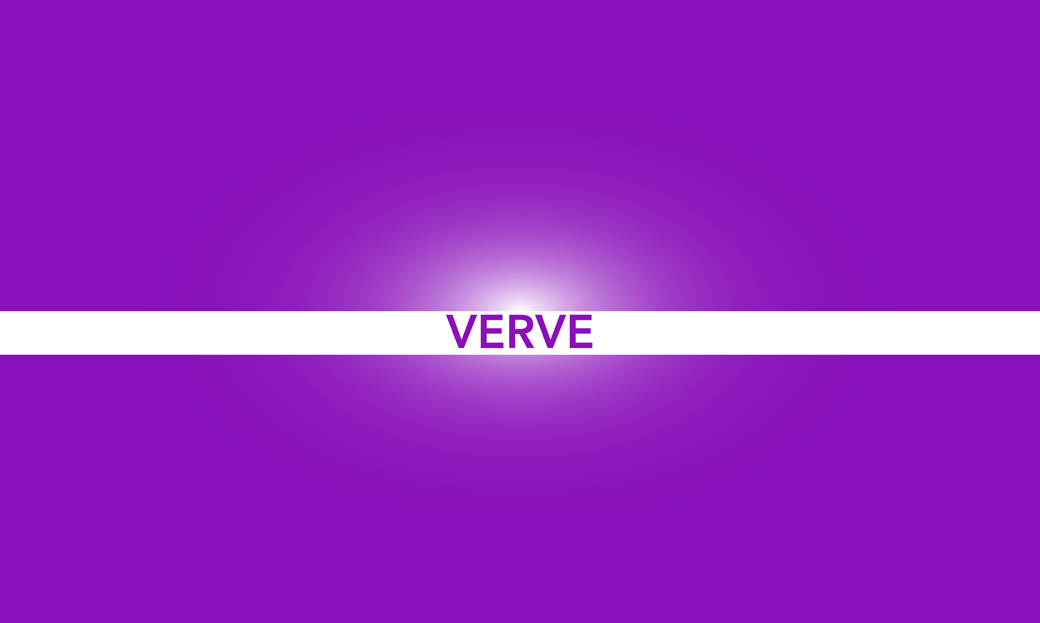
English Department adopts literary press to publish work
When Duncan Barlow first read Philip Sidney’s “Astrophil and Stella,” it was heartbreak that captured his attention. Years later, he kept the sequence of English sonnets about unrequited love in mind when he began his own “sacrificial art” — a literary press.
“I always saw (Astrophil) as this oddly heroic character. I knew even before launching the press that I wanted it to take on that name. The name came first,” Barlow said.
Barlow, a lecturer at the University of South Dakota, launched Astrophil Press in 2009. Now, the English department at USD is adopting the literary press to publish manuscripts of fiction, nonfiction and poetry.
With Barlow’s guidance, the press will start its relaunch with the department by a re-release of the current back catalog, which includes putting three titles back in print. There will be a release party in the fall, and by spring, the press will be wading through open submissions to determine what to publish next.
Astrophil Press, which acts as a small, independent publishing house, works in tiers. First is the “slush pile readers,” which will include students going through submitted work, Barlow said.
Selected work from this process is then submitted to a committee of readers from different universities. Barlow will have final review of the work to decide whether to publish it.
The reason for this tier-system is in part because of cost. Five hundred copies of a 150-page book will typically cost around $4,000 to $5,000, Barlow said. This leads to a need to be selective in order to stay within budget for the literary press.
But this will not be a “vanity press,” Barlow said. Students and faculty will not be given preferential treatment if they choose to submit work.
“If there is a student that has a notable manuscript, then of course we would consider it. But we’re staying clear of favoritism,” Barlow said. “The typical work we accept is from someone who is often very educated in the field, because it’s an investment.”
Astrophil Press is a local reflection of the grassroots effort being made around the country to give writers more opportunities to publish.
The landscape of publishing in the United States has drastically changed since the 1960s, when there were 100 publishing houses thriving in Manhattan. By the 1990s, there were only 15. Now, there are only five that publish fiction, according to the 2002 book Architectures of Possibility.
[notification type=”information” title=”5 Major Fiction Publishing Houses Still in Business”]1. HarperCollins 2. the Penguin Group 3. Random House 4. Simon & Schuster 5. Time Warner[/notification]
But the gap left from failed publishing houses is being filled with small, independent operations. A number of public universities, including the University of Nebraska-Lincoln, have already invested in an active literary press.
The English Department is also offering a course in the coming year to get students involved with the press and more familiar with the publishing process. Natanya Pulley, assistant English professor, said when she was getting her undergraduate, there was little talk about how difficult and evolving the publishing landscape had become.
“I was in heavy denial with the publishing part even when I was in grad school. I didn’t want to believe it was so much work and so competitive,” Pulley said. “Now, that I’m in that world, I’m glad it is that way.”
Barlow said the English faculty is invested in the class and the literary press in part because it understands that the market share is getting smaller. Publishing wasn’t even a real discussion when he was an undergraduate, but it needs to be, Barlow said.
“We are just trying to prepare writers for the reality of the world,” he said.
Pulley said the press may also lead to more interest in the department, especially its Ph.D. program. By creating a community around the literary press, she said word would get around and more readers and more writers will likely be looking at USD.
For current students in the department’s Ph.D. program, a literary press is a way to get real world experience with the support system the department faculty currently provides.
Cheyenne Marco, a Ph.D. student on the creative track, said she looks forward to seeing from the inside what it takes to get a piece published. While she wants to teach, she said the press is an opportunity for students who want to work in a publishing house get insight into the process while also diversifying the program.
“A lot of these small presses — they are very scene-based, and it is really hard to find those niche publications,” Marco said. “I’m publishing oral literature, which is by no means Twilight. So, it won’t hurt to gain the experience from a literary press on campus.”


